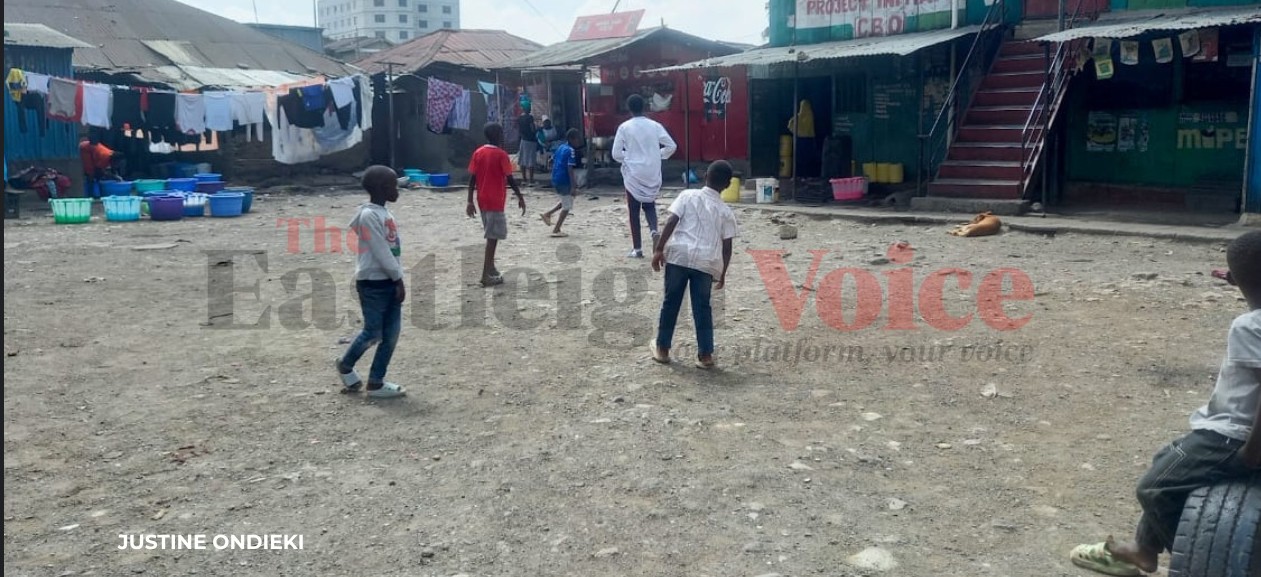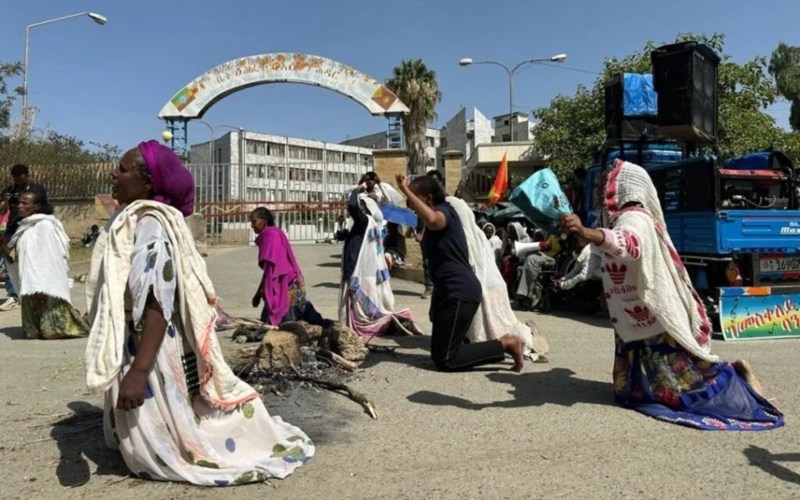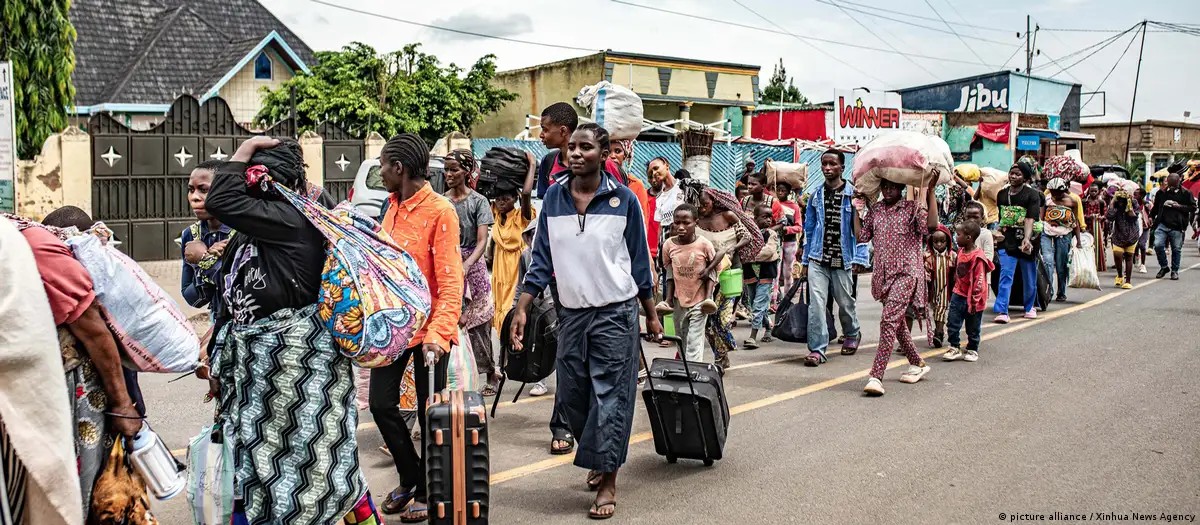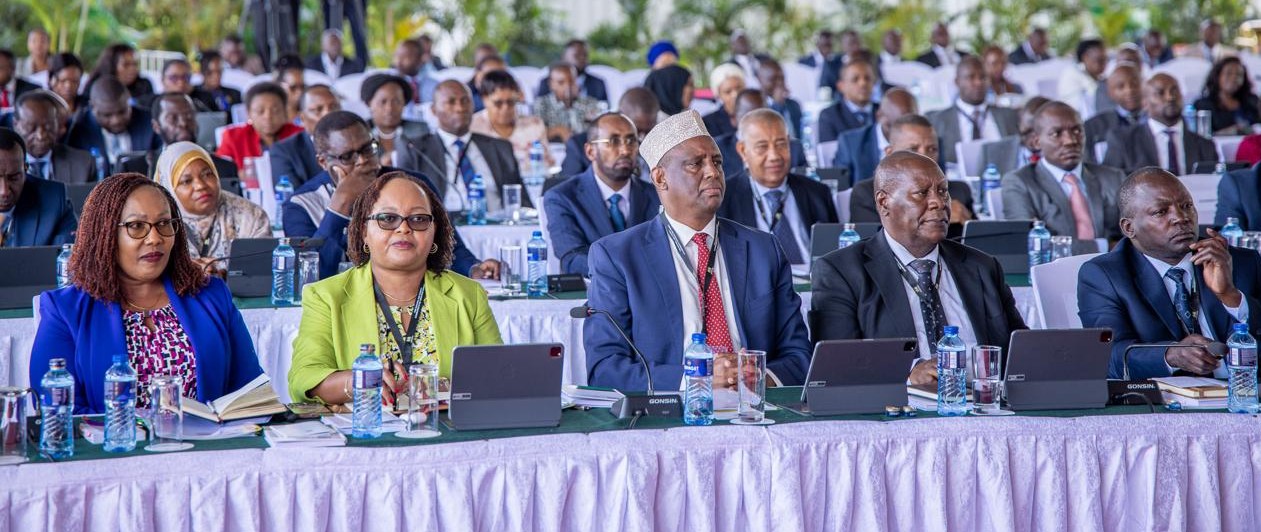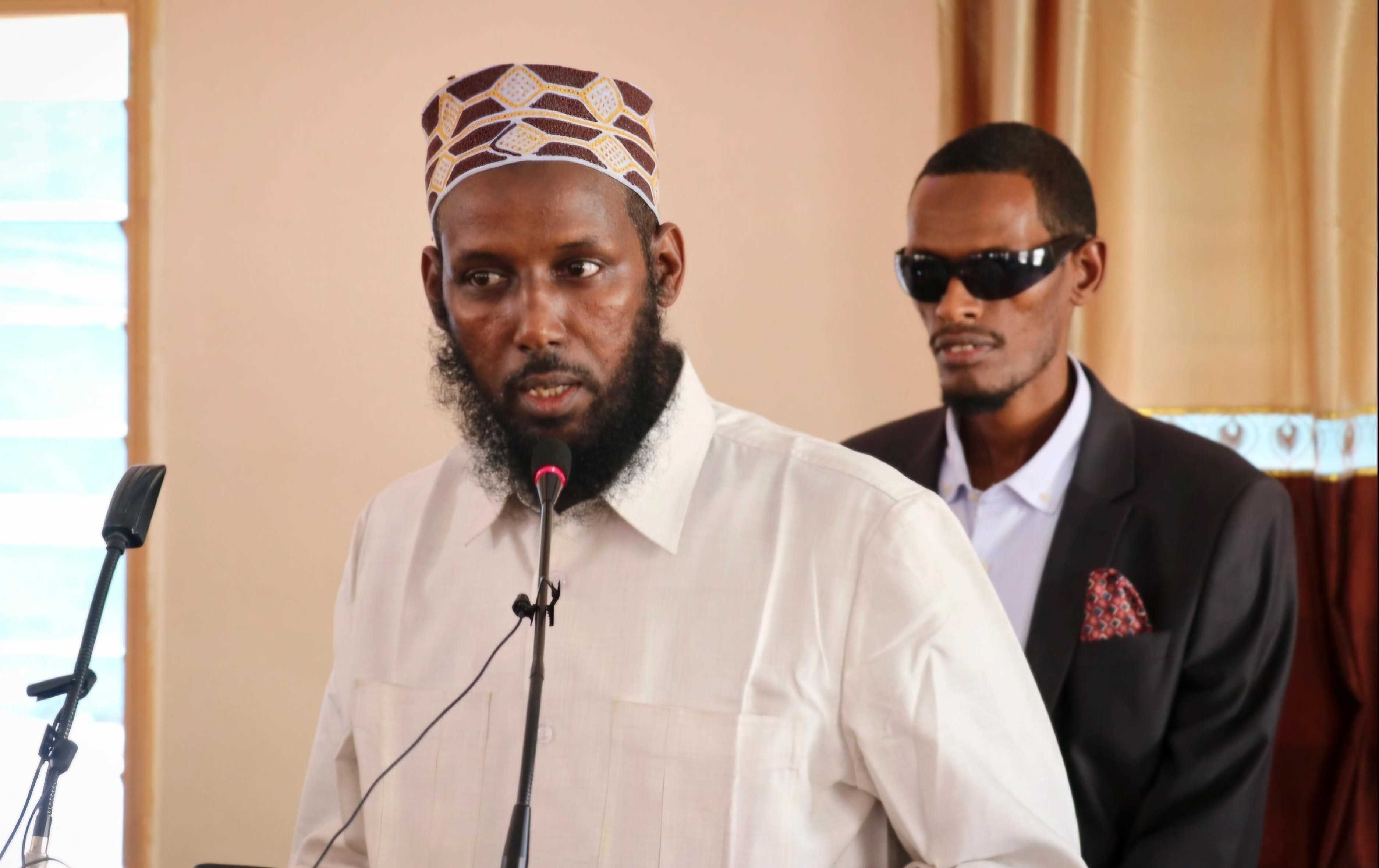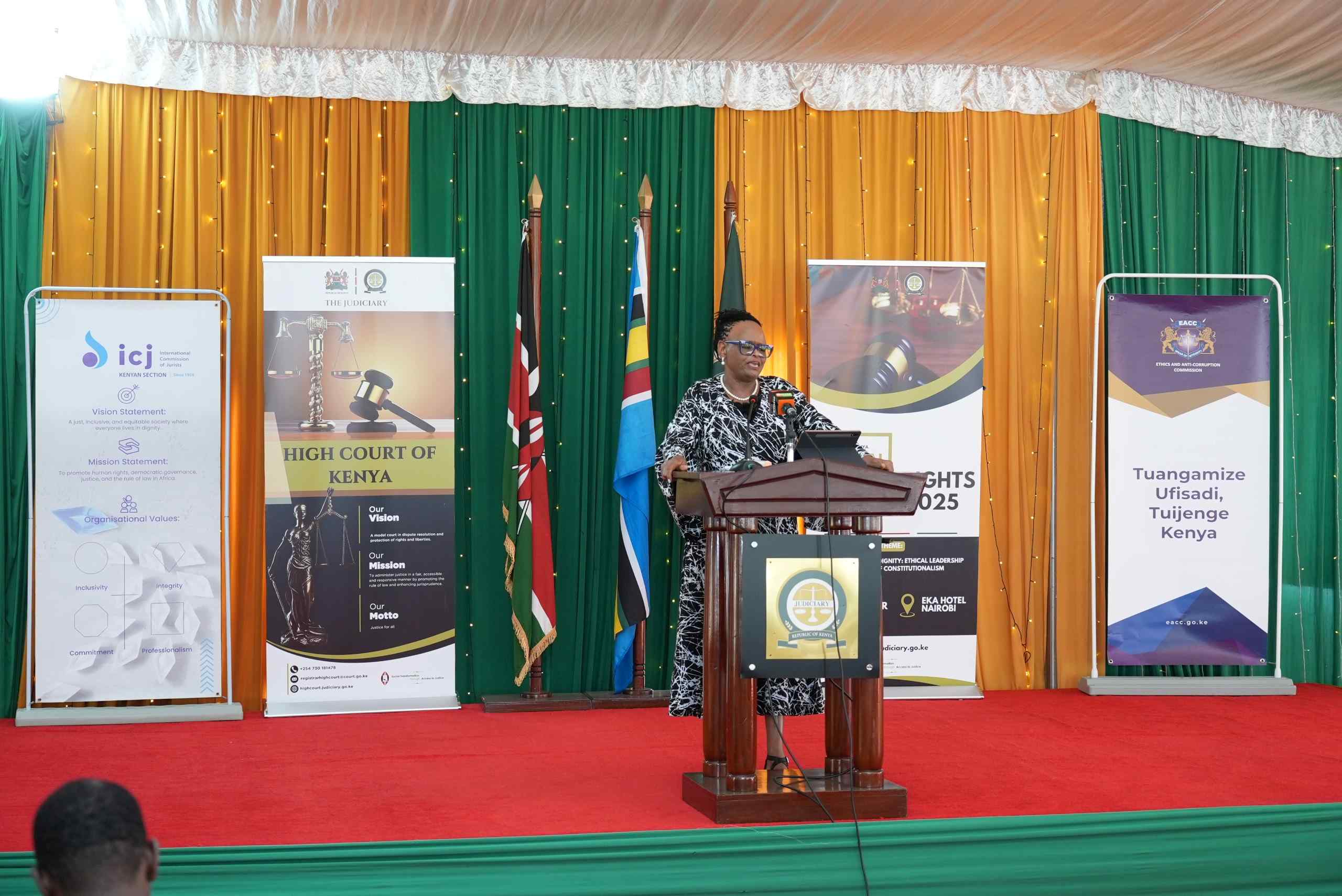Nation's healthcare in crisis amid ongoing anti-government protests
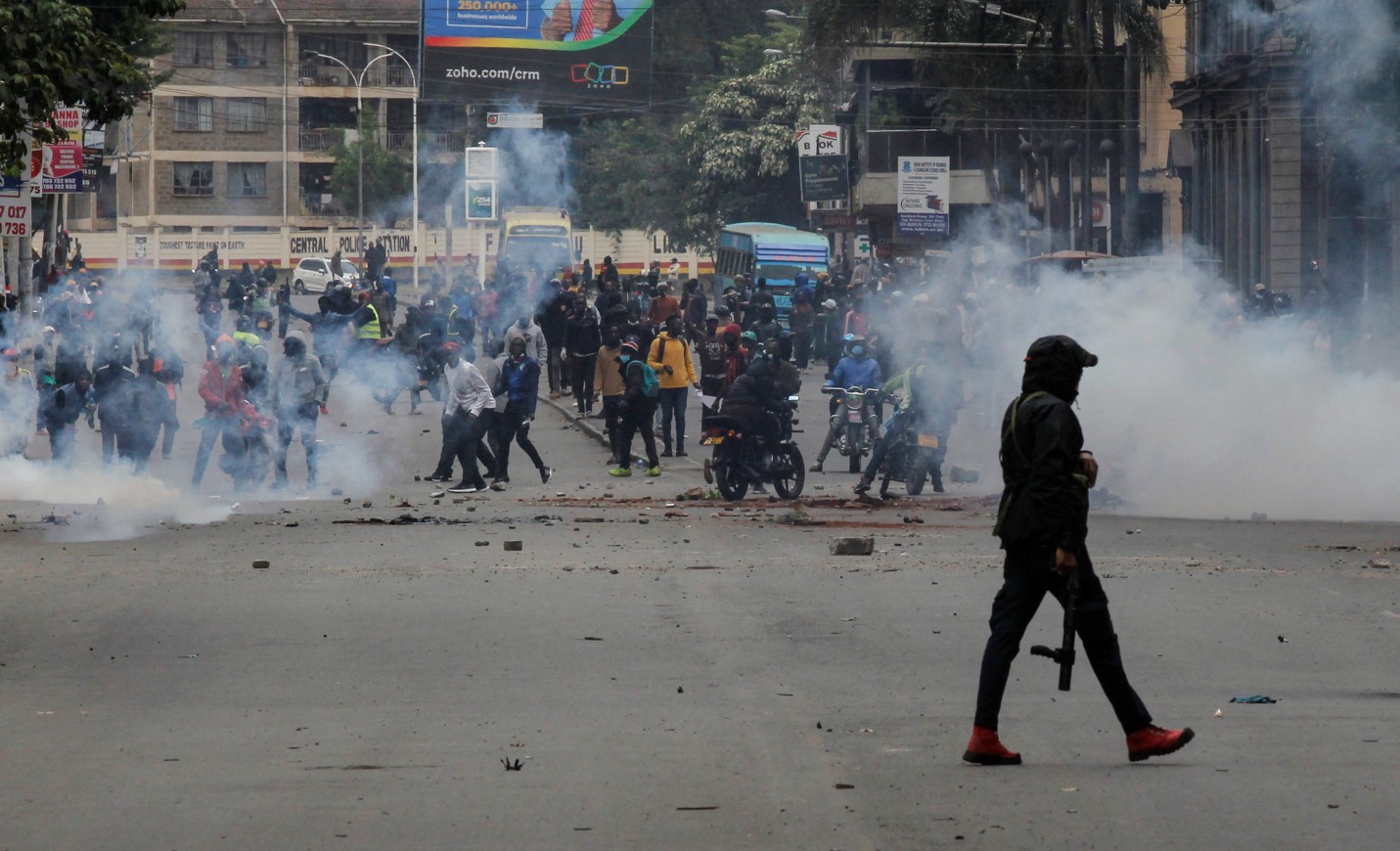
In some cases, healthcare centres have been repurposed as refuge points for protesters, further discouraging patients from seeking care and leading to a significant decline in patient numbers.
The nation is facing a major healthcare crisis due to ongoing anti-government protests that have been unfolding for weeks. These demonstrations have spiralled into serious socio-political turmoil, leading to widespread business closures, rampant looting, and, most critically, a severe disruption of healthcare services.
A recent human rights survey paints a stark picture of how the protests have hit health facilities hard, showing severe operational challenges, increased risks, and an urgent need for effective solutions.
More To Read
- Ruto defends ‘shoot-to-leg’ order amid outcry, cites public safety
- Morocco charges 2,480 in Gen-Z protests over poor governance, health and education
- Madagascar President appoints military general as prime minister amid mass protests
- High Court dismisses Sakaja’s bid to gag media over protest coverage
- Ex-CJ Maraga demands drop of terrorism charges against protesters as prosecution seeks 21-day probe
- Three petitioners sue CS Duale, General Kahariri over deployment of KDF in protests
According to the survey, over 70 per cent of healthcare facilities have been directly threatened or damaged during the protests, forcing many to partially or fully close their doors. The violence has been extensive, with facilities experiencing vandalism that includes damage from tear gas and stones thrown by looters.
In some cases, healthcare centres have been repurposed as refuge points for protesters, further discouraging patients from seeking care and leading to a significant decline in patient numbers.
“We are forced to close early clients are unable to access our facilities the moment the town is lit, the protest causes unrest, therefore, patients and clients fear walking into the facility” the report reads
In response to the increased risk, many facilities have changed their operating hours on protest days, Tuesdays, and Thursdays, either closing early or closing entirely to safeguard employee safety.
These adjustments have resulted in about 60 per cent reduced service availability, and the fear of violence combined with difficulties in accessing facilities has deterred many patients from seeking care.
The deterioration of the security situation has exacerbated these challenges. Healthcare facilities have increasingly become targets for vandalism, theft, and physical violence, including the use of tear gas and stones.
This persistent insecurity has not only damaged infrastructure but has also heightened concerns among healthcare workers about their safety, affecting their ability to perform their duties and even reach their workplaces.
“On average, 7-10 patients who were assaulted during protests would come for treatment without payment and outpatient services were reduced due to safety concerns, "stated the report.
Enter Transport Challenges
Transportation has emerged as another critical obstacle. The frequent halting of public transport services during protests has made it difficult for patients to reach healthcare facilities. Roadblocks and increased transportation costs further complicate the situation.
The survey highlights a dramatic 70 per cent reduction in patient visits due to these transportation issues, with many patients either delaying their visits or opting for costly and unreliable means of transport.
With an increased focus on emergency care due to the nature of the protests, routine services, including family planning, have been severely disrupted. Notably, the survey documents an 80 per cent disruption in family planning supplies, impacting access to essential services and commodities.
In response to the surge in protest-related injuries, many facilities have been compelled to offer pro bono care to those unable to pay for medical services. This situation has placed additional strain on already stretched resources and staff.
The survey also highlights a troubling 10 per cent increase in gender-based violence (GBV) cases. The disruption of family planning services has exacerbated this issue, with missed appointments and inadequate access to reproductive health services contributing to a rise in unintended pregnancies and GBV.
Vulnerable populations—such as women, children, the elderly, and people with disabilities are facing heightened risks and challenges in accessing care during these turbulent times.
The survey calls for several urgent and long-term measures to address these pressing issues.
Immediate steps include enhancing security at healthcare facilities to protect against vandalism and violence, stabilizing supply chains to ensure a consistent stock of essential medications and family planning commodities, and improving transportation solutions to facilitate patient access to healthcare facilities.
“Expanding the use of mobile clinics and outreach services can help reach affected populations and mitigate the impact of transportation disruptions. Advocacy for peaceful demonstrations and dialogue is crucial to addressing the underlying issues driving the protests and reducing the frequency and severity of disruptions." read the report
The survey stresses the importance of engaging with political leaders and community stakeholders to seek peaceful resolutions and address the root causes of the protests. Enhanced security for healthcare workers and facilities is essential to ensure the safe delivery of services and protect those on the front lines.
The impact of the protests extends beyond the facilities themselves, with many volunteer health workers suffering injuries or even losing their lives while attending to patients amidst the unrest.
Their dedication and sacrifice highlight the urgent need for comprehensive support and protection for those who continue to provide critical care during these crises.
Top Stories Today


